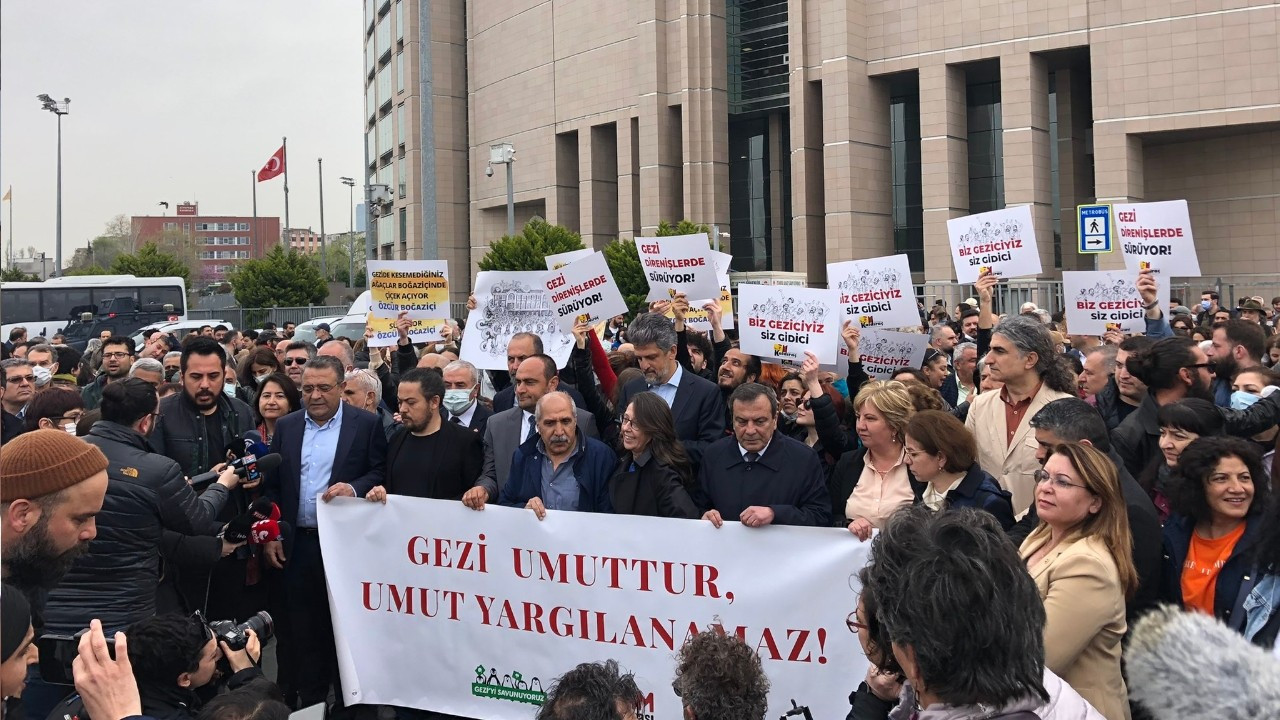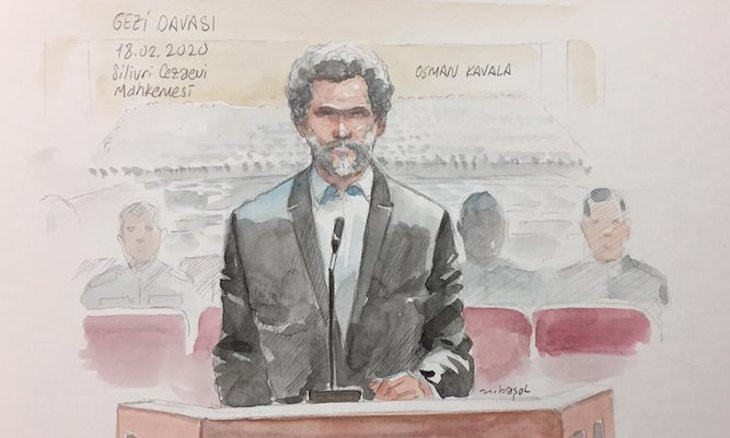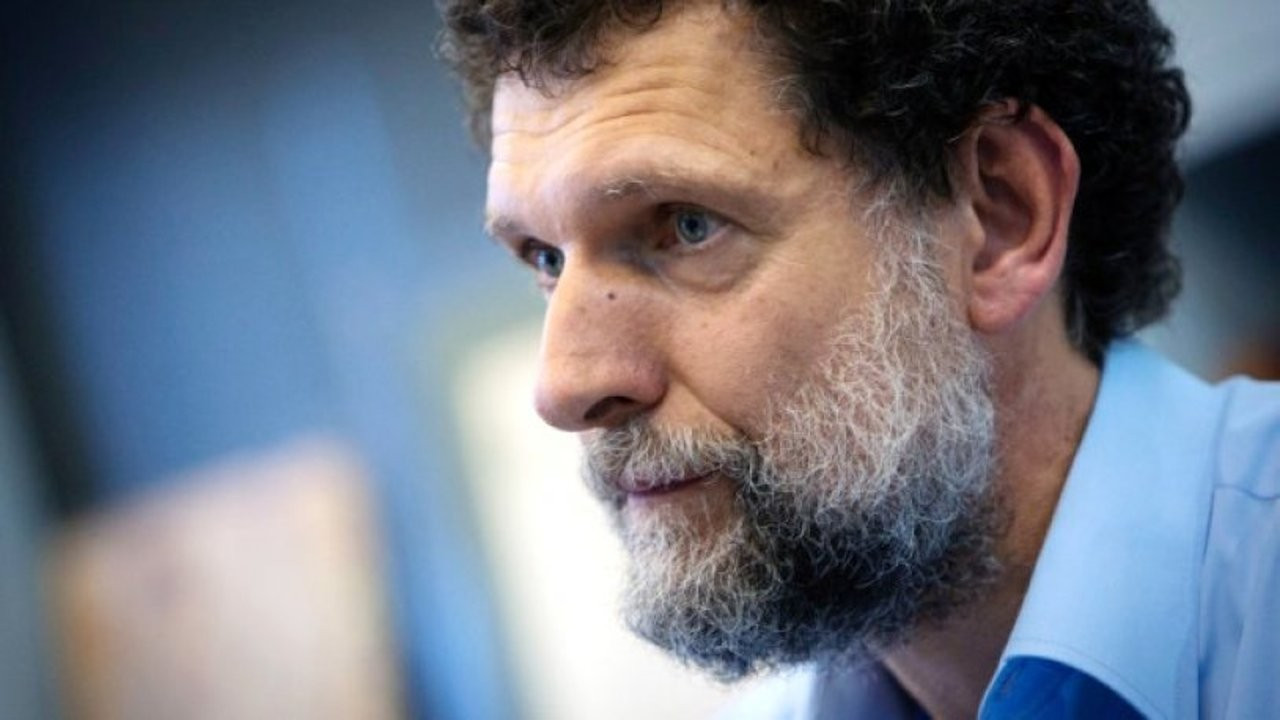Turkey, Germany summon each other's envoys over Osman Kavala case
Turkey and Germany have summoned each other's ambassadors in a row concerning the conviction of Turkish philanthropist Osman Kavala who was given a life sentence without parole earlier this week.
Reuters
Turkey condemned Germany's summoning of its ambassador on April 29 and called in Berlin's ambassador to Ankara in a tit-for-tat move amid a row over the jailing of Turkish philanthropist Osman Kavala for life.
Earlier this week, Kavala was sentenced to aggravated life imprisonment after being convicted of trying to overthrow the government by financing protests, in a case that Europe's top court and Western powers say is politically motivated.
Media reports cited a spokesman for Germany's foreign ministry as saying the Turkish ambassador was summoned over the sentencing of Kavala who had already been detained without conviction for 4-1/2 years.
Turkish Justice Minister Bekir Bozdağ said on Twitter that Germany had trampled on justice many times in the past and said it should act in line with international law.
Ülkemizde görülmekte olan bir dava ile ilgili Berlin Büyükelçimizin Almanya Dışişleri Bakanlığı’na çağrılması,Türkiye’nin içişlerine açık bir müdahale girişimidir.
— Bekir Bozdağ (@bybekirbozdag) April 29, 2022
Almanya dahil hiçbir ülkenin Türkiye’nin içişlerine müdahale girişimi hakkı da haddi de değildir.
Germany's ambassador to Ankara, Jurdgen Schulz, was also summoned to the Turkish Foreign Ministry, Turkish diplomatic sources said, adding he was told Ankara rejected attempts to interfere in its judiciary or politics.
"Ambassador Schulz was told that we condemn the summoning of our ambassador in Berlin over a case in our country, in a manner violating diplomatic norms, and the politicisation of the case in question," the sources said.
Schulz, who was summoned by Turkish Deputy Foreign Minister Faruk Kaymakcı, was also told that "the sentencing ruling by the independent Turkish judiciary cannot be questioned" and he was "reminded of the principle of not meddling in internal affairs", the sources added.
Critics and opposition parties say Turkish courts are under the influence of President Recep Tayyip Erdoğan and his Justice and Development Party (AKP). The government denies the claims.
The Council of Europe rights watchdog this year referred Kavala's case to the European Court of Human Rights (ECHR) to determine whether Turkey has failed to meet its obligation to implement a previous ECHR judgment, more than two years ago, to immediately release him.
Last October, Erdoğan threatened to expel the ambassadors of 10 countries, including the United States, Germany and France, after they echoed the ECHR ruling.
The ECHR is the best known body of the Council of Europe from which Turkey could now be suspended due to Kavala's continued imprisonment.

 Turkish opposition politicians slam Gezi Park case convictions as 'shameful'Politics
Turkish opposition politicians slam Gezi Park case convictions as 'shameful'Politics Conviction of Gezi Park defendants a ‘devastating blow’ for human rights: Amnesty InternationalHuman Rights
Conviction of Gezi Park defendants a ‘devastating blow’ for human rights: Amnesty InternationalHuman Rights Osman Kavala sentenced to aggravated life in prisonHuman Rights
Osman Kavala sentenced to aggravated life in prisonHuman Rights